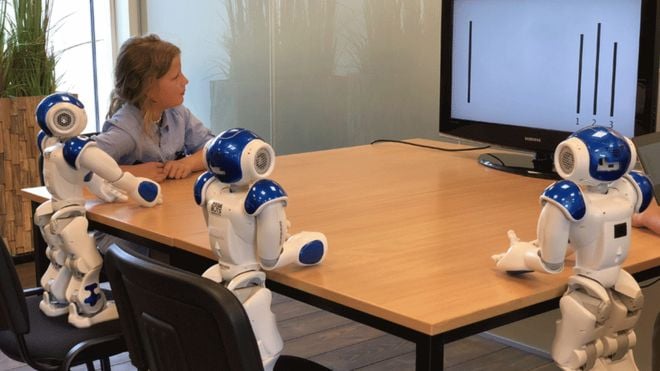Police Bodycams Can Be Hacked To Doctor Footage, Install Malware
Josh Mitchell’s Defcon presentation analyzes the security of five popular brands of police bodycams (Vievu, Patrol Eyes, Fire Cam, Digital Ally, and CeeSc) and reveals that they are universally terrible. All the devices use predictable network addresses that can be used to remotely sense and identify the cameras when they switch on. None of the devices use code-signing. Some of the devices can form ad-hoc Wi-Fi networks to bridge in other devices, but they don’t authenticate these sign-ons, so you can just connect with a laptop and start raiding the network for accessible filesystems and gank or alter videos, or just drop malware on them.

